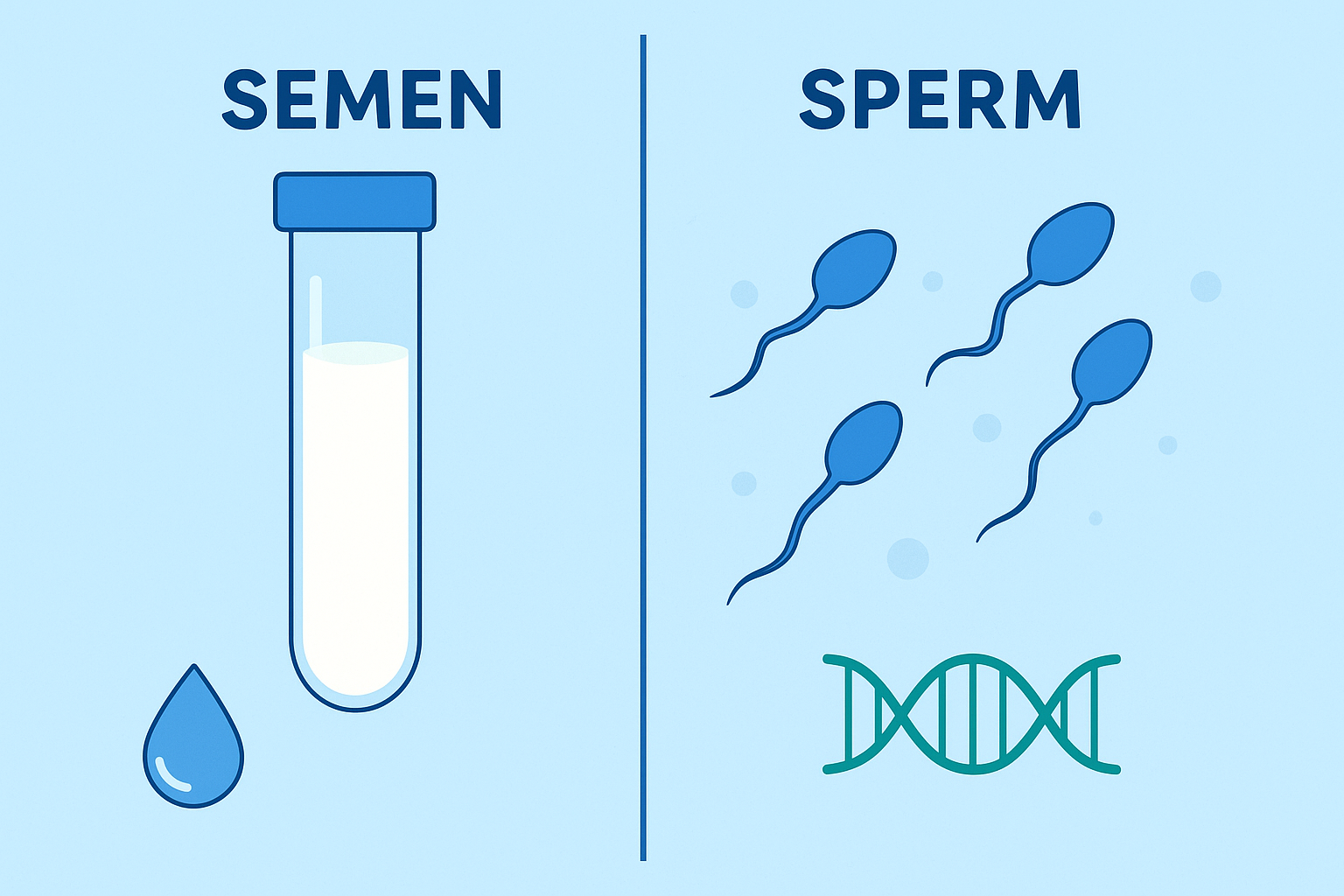In recent years, semaglutid, a medication sold under popular brand names such as Ozempic, Wegovy, and Rybelsu has emerged as a powerful tool for managing type 2 diabetes and supporting weight loss. With the increasing use of semaglutide among women of reproductive age, one critical question has come into focus:
Does semaglutide interfere with the effectiveness of hormonal birth control?
While research is still evolving, experts have raised some theoretical concerns about semaglutide’s impact on the absorption of oral contraceptives, especially due to the way the drug alters the digestive process. This comprehensive article explores the current knowledge, expert opinions, and what women need to consider when using both semaglutide and birth control.
Also read: Can a Yeast Infection Lead to Pelvic Inflammatory Disease (PID)?
What Is Semaglutide and How Does It Work?
Semaglutide is a GLP-1 receptor agonist (glucagon-like peptide-1) that mimics the action of the natural hormone GLP-1. It helps regulate blood sugar levels, reduces appetite, and slows down the movement of food through the stomach—a process called gastric emptying.
This delayed gastric emptying is beneficial for blood sugar control and weight loss but raises questions when it comes to the absorption of oral medications, including birth control pills.
Dr. Phillip Kadaj, a board-certified internal medicine physician, explains that this delay in digestion may result in slower or incomplete absorption of certain medications, such as oral contraceptives. “This creates theoretical concerns,” he notes, “especially when it comes to medications like birth control pills, which rely on consistent absorption for effectiveness.”
How Do Oral Birth Control Pills Work?
To understand the interaction between semaglutide and birth control, it’s important to review how oral contraceptives function. Birth control pills typically contain progestin (a synthetic form of progesterone), sometimes combined with estrogen.
These hormones prevent pregnancy in three key ways:
- Suppressing ovulation, so no egg is released.
- Thickening cervical mucus, which makes it difficult for sperm to enter the uterus.
- Thinning the uterine lining, reducing the chances of implantation.
The effectiveness of birth control pills depends on proper absorption in the digestive tract. If absorption is delayed or reduced due to the action of semaglutide, the contraceptive may not work as intended.
Is There Scientific Proof of This Interaction?
As of now, there is no published clinical research directly proving that semaglutide reduces the effectiveness of oral contraceptives. However, the concern is theoretical but logical, based on semaglutide’s known impact on gastric motility.
According to Dr. Kadaj, “If the hormones in birth control pills aren’t being fully absorbed because of delayed emptying from semaglutide, there’s a chance the pill may not be quite as effective.”
While this hasn’t been proven in humans, the caution is warranted especially for women relying solely on oral contraceptives.
Which Forms of Birth Control Are Affected?
Possibly Affected:
- Birth control pills (combined or progestin-only)
These rely on being digested and absorbed through the gastrointestinal tract. Any delay caused by semaglutide could, in theory, compromise their effectiveness.
Not Affected:
- Hormonal patches
- Implants (e.g., Nexplanon)
- Intrauterine devices (IUDs)
- Hormonal (e.g., Mirena)
- Non-hormonal (copper)
- Vaginal rings (e.g., NuvaRing)
- Injections (e.g., Depo-Provera)
These methods bypass the digestive system and deliver hormones either directly into the bloodstream or uterus. As such, they are not influenced by delayed gastric emptying.
Should the Purpose of Semaglutide Use Matter?
whether semaglutide is used for type 2 diabetes or weight loss, its effect on gastric motility is the same. In both cases, the potential for delayed absorption of oral contraceptives remains. Therefore, the risk is independent of the medical condition being treated.
If you’re taking semaglutide for any reason, it’s advisable to consult your healthcare provider about switching to a non-oral contraceptive method to ensure continuous protection against pregnancy.
The Link Between Weight Loss, Hormones, and Fertility
Weight loss, particularly loss of body fat, can influence hormone levels. Since hormones like estrogen are stored in fat cells, reducing fat may cause changes in hormonal balance. For women who are overweight or obese, losing weight with semaglutide may even improve fertilit especially if obesity was previously affecting ovulation.
However, this hormonal shift could also make it easier to become pregnant, particularly if birth control becomes less effective due to absorption issues.
If you’re experiencing significant weight loss while using semaglutide, it’s wise to monitor your menstrual cycle and speak with an endocrinologist or gynecologist about how it might affect your fertility and contraceptive needs.
Reproductive Warnings on Semaglutide Packaging
All medications containing semaglutide come with a warning about reproductive potential. This means there’s a risk of harm to a developing fetus, based on data from animal studies involving rats, rabbits, and monkeys. These studies showed:
- Increased rates of miscarriage
- Low birth weights
- Birth defects
Although human data is still limited, most healthcare professionals advise against using semaglutide during pregnancy. If pregnancy is discovered while taking the drug, immediate consultation with your healthcare provider is essential.
Frequently Asked Questions (FAQs)
Can Ozempic Affect Fertility?
There’s no evidence that semaglutide negatively impacts fertility. In fact, weight loss resulting from semaglutide use can enhance fertility in women who previously struggled with ovulation due to obesity.
What If I Get Pregnant on Semaglutide?
If you become pregnant while taking Ozempic, contact your prescribing doctor immediately. They may recommend discontinuing the medication to reduce potential risks to the fetus.
What About Other Medications Like Wegovy or Mounjaro?
Wegovy contains the same active ingredient as Ozempic (semaglutide) so the theoretical risk is identical.
Mounjaro (tirzepatide), which is structurally different but works in a similar way, may also pose the same potential concern for women using oral contraceptives.
Expert Advice and Recommendations
If you’re using Ozempic or a similar medication and rely on oral contraceptives, experts recommend:
- Switching to a non-oral birth control method
- Monitoring for changes in menstrual patterns
- Speaking with your healthcare provider about the most suitable contraception options for your health status and goals
This becomes even more important if you’re planning to become pregnant in the future or are actively trying to avoid it.
Conclusion: Should You Be Concerned?
While no direct research has confirmed that semaglutide reduces the effectiveness of birth control pills, the theoretical risk is real enough to warrant a cautious approach.
If you’re on semaglutide (Ozempic, Wegovy, or Rybelsus) and are currently taking oral contraceptives, it may be time to reassess your birth control method. Non-oral alternatives such as the IUD, implant, or patch offer greater peace of mind and eliminate any concern over digestive absorption issues.
As always, discuss your options with a healthcare professional who can tailor advice based on your medical history and reproductive plans.





[…] Also read: Can Semaglutide (Ozempic) Affect Birth Control? What You Need to Know […]